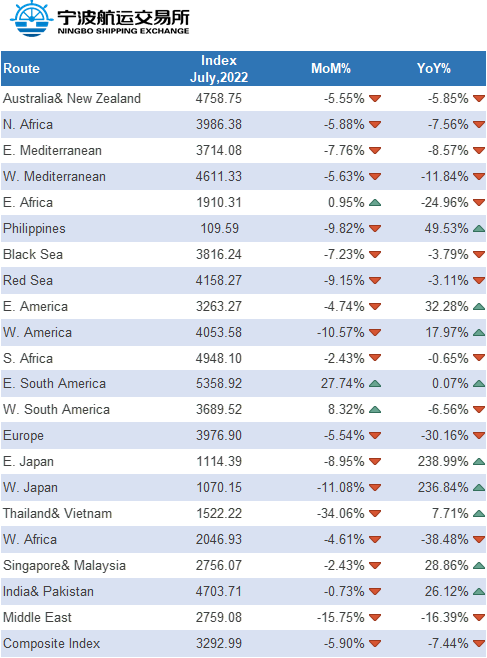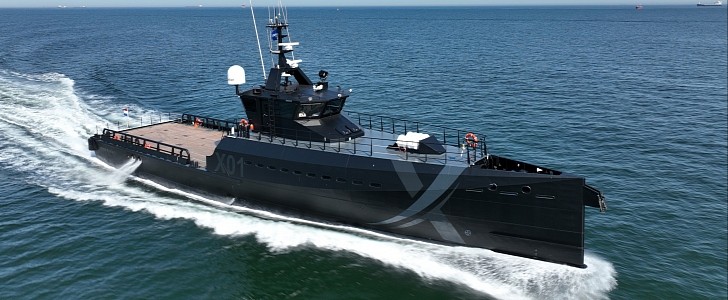With the flow of Russian coal to Europe coming to a final end, buyers jostling for alternatives are increasingly in favor of tapping non-traditional markets, a development many believe, for better, will likely lead to the creation of new trade flows for the fuel.
While obvious substitutes like South Africa, Australia and Indonesia are a fallback plan for many European coal buyers, new origins like Tanzania, Kazakhstan and Nigeria are being positively considered as a further backup measure, sources told S&P Global Commodity Insights.
Even though coals from some of these origins have been around for some time, the fine prints of these probable new origins like coal reserves and production capacity are yet to be explicitly determined. But buyers have started exploring them as a full fledged plan of action due to competitive prices and quality in line with the requirement, market sources said.
“We have already booked cargoes from Tanzania and some from Kazakhstan as the coal quality is better than many other origins. A mine visit has been done in Nigeria too; the idea is to tap markets which have the potential but have not been explored much as supply from Russia was consistent,” a top Europe-based buyer said.
He said a few shipments from Tanzania and Kazakhstan have already entered Europe in the last two months, adding that earlier imports from these countries had occurred on a small scale but the volume was now likely to increase significantly.
The EU adopted a sanctions package in April banning Russian coal in response to alleged war crimes by Russia in Ukraine. The complete ban is scheduled to become effective from Aug. 10.
According to sources, an ideal specification for European plants would be 5,700 kcal/kg NAR or higher, with 0.8% sulfur and 20%-24% volatile matter, and the quality of coal from the new origins was closer to these specifications.
Kazakhstan has exported 2.85 million mt of coal and coke to the EU so far in 2022, against 0.81 million mt in full year 2021, according to data by S&P Global Commodities at Sea. The data also showed Mozambique increasing supply to Europe by over six times in 2022 compared to last year. Its thermal coal exports to Northwest Europe so far in 2022 clocked at 1.1 million mt, against 22,653 mt in full year 2021.
“Russian coal was perfect for Europe, it went straight to the power plants without any tinkering required. The same is not the case with origins like the US, South Africa and Indonesia; a good amount of blending will be required,” the buyer said. “The US’ coal has high sulfur and volatile matter, CAPP coal is not available in much quantity, and South Africa cannot cater to all of Europe’s needs.”
Price a key factor
Following the Ukraine invasion, global coal prices jumped to record highs as risks of disruption to energy markets rose and users were insecure about supply. Seaborne prices still remain close to record levels and a favorable arbitrage to deliver coal to Europe will understandably be a key factor when sourcing from these new origins.
Platts CIF ARA 6,000 kcal/kg NAR physical coal assessment rose to $375/mt on July 20 from $176/mt on Feb. 18, and not far from the all-time record of $432.50/mt on June 23, S&P Global Commodity Insights data showed. The most recent Platts assessment for FOB Baltimore 6,900 kcal/kg NAR coal for August loading was $270/mt, while FOB Nola 6,000 kcal/kg NAR was assessed at $260/mt, both similarly close to record highs, S&P Global data showed.
Meanwhile, the FOB Richards Bay 5,500 kcal/kg NAR was assessed at $232.15/mt July 22, and the 7-45 day price of FOB Kalimantan 4,200 kcal/kg GAR coal was $82.50/mt.
Traditional sources continue
Sources said coal prices from Tanzania, Kazakhstan and Nigeria are fairly competitive with South African and US prices, which is also a reason why European buyers are keen to source material from these regions.
“If they [European buyers] have less options, they have to take whatever is available as alternative to Russian coal. Tanzanian coal is good quality 6,000 kcal/kg NAR grade, one small cargo has come to India as well. Port restrictions are there in Tanzania but for Europe it is perfect coal in terms of quality,” an India-based trader with dealings in the European market said. “Since Kazakhstan is out of sanctions, people will take that as well but it is slightly lower grade than the South African coal.”
A market source said imports from South Africa, Indonesia and Australia have also been continuing. “I have booked eight Capesizes from Australia for September, close to 1 million mt from South Africa and some from Indonesia too,” he said, adding coal from anywhere was welcome now as supply is limited.
“Volumes from Kazakhstan to Turkey in June and July are anticipated to peg higher amid a reduction in alternative origins of supply, most notably Russia,” a Mediterranean-based trader said.
A US-based trader said while coal from Kazakhstan has been around for a couple of years due to its low sulfur, the transportation from this origin to anywhere remains a limiting factor. “If any of these origins are being discussed, I cannot imagine significant volumes without trader participation,” the trader said.
Source: Platts













